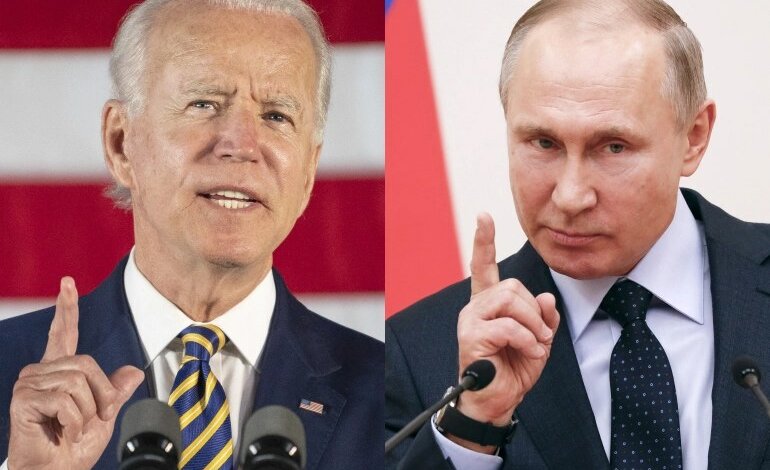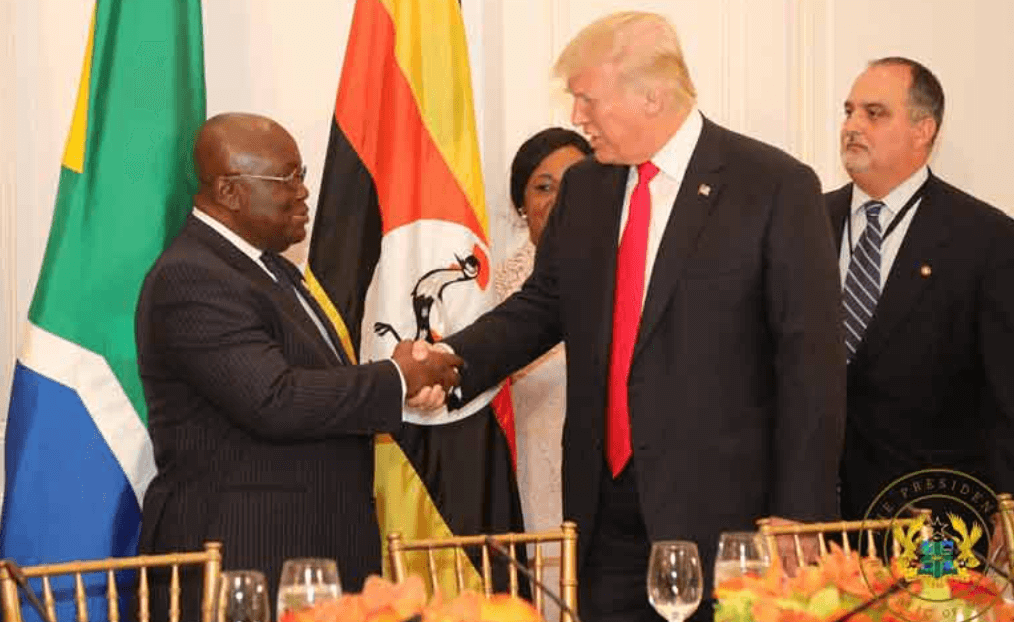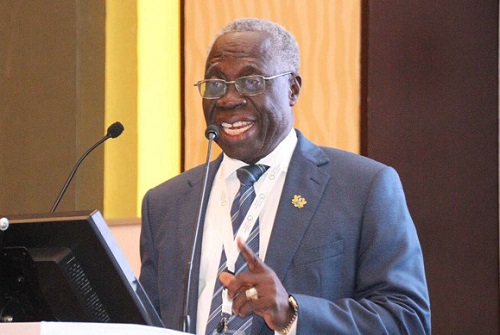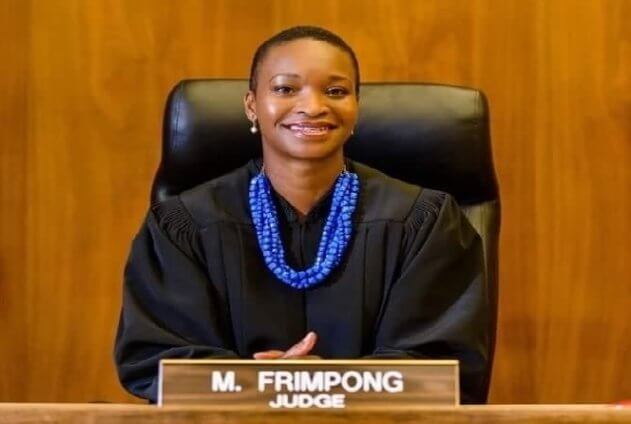
Originally published on Gzero by Gabrielle Debinski
Russia’s top diplomat, Sergey Lavrov, is currently on a tour to reassure African allies of Moscow’s commitment to alleviating the global food crisis.
But Lavrov is not to be outdone by French President Emmanuel Macron, who is also on a three-nation tour in Central and West Africa. Washington, meanwhile, has sent an envoy to Ethiopia and Egypt.
Russia, the EU, and US have long tried to court developing countries in bids to expand their respective spheres of influence. But as war rages on in Europe, why the intense focus on Africa now?
Who’s going where?
Lavrov started his African tour in Egypt, where he sought to assure a jittery President Abdel Fattah el-Sisi that Russia is taking the global grain shortage seriously. (Egypt is the world’s largest wheat importer.)
Russia’s top diplomat doubled down on the Kremlin’s talking point that a Western-backed Ukraine is responsible for the blockade in the Black Sea that’s pummeling import-reliant Cairo.
(The Egyptians, who have strong security ties with the US but rely on Russia for grain, have so far refused to pick a side in the war.)
This week’s itinerary for Lavrov also had stops in Uganda, the Republic of Congo, and Ethiopia. The latter could be a tougher sell because Prime Minister Abiy Ahmed is seeking a rapprochement with the US after Washington imposed sanctions on Ethiopian officials over the brutal war in Tigray.
The French president is visiting Cameroon, Guinea-Bissau, and Benin to reiterate France’s postcolonial commitment to African prosperity and security. Food supply issues will be on the agenda, too.
READ ALSO: President Biden announces US-Africa summit for mid-December
Meanwhile, the US special envoy to the Horn of Africa is holding a series of talks in Ethiopia and Egypt to discuss the ongoing Grand Ethiopian Dam dispute that has pitted Addis Ababa against Khartoum and Cairo. Washington says it will also discuss ways to mitigate the global food crisis.
Why Africa?
Moscow has been boosting its investment in African countries for years to gain a strategic foothold on a continent where it once yielded great influence during the Cold War.
As part of this effort, it’s been sending mercenaries to support counterinsurgencies in West Africa and Libya, and flooding some African states with weapons.
What does Russia get out of it? Metals, diamonds, gold, and other commodities. Indeed, Russia has been leveraging relations with weak and corrupt African governments to secure lucrative mining deals. (Moscow uses some of the metals it extracts to make weapons that it then sells … back to Africa.)
What’s more, Russia’s trade with African states has doubled since 2015 to around $20 billion a year, and it has signed arms deals with more than 20 African states.
Crucially, while the European Union remains Africa’s largest trade partner, many African countries have long resented the bloc’s strings-attached approach to cooperation. (The EU, for instance, has previously conditioned aid and investment on Africa cracking down on migration to the bloc.)
The war in Ukraine is also being waged on the diplomatic front. Though its enforcement powers are limited, the United Nations is a powerful arbiter of international norms, and the 55-member African Union is the largest voting bloc in the UN.
Indeed, it was a boon for the Kremlin that 17 African states refrained from taking a side when Russia’s aggression in Ukraine came up for a vote at the UN in March.
The view from Africa
For many African states, relations with Russia offer an appealing alternative to China, the EU, and the US, which have historically had the resources to make inroads throughout the continent.
Beijing, for its part, has promised Africa prosperity and innovation… but in the process saddled dozens of African countries with debt.
And though many states – particularly in sub-Saharan Africa – rely on Western aid, they also have come to resent Europe’s imperialist legacy and Washington’s preachiness on human rights.
Russia, on the other hand, has managed to foster a lot of goodwill among numerous African states by not lecturing them about human rights or burdening them with shady loans. Indeed, some African states believe Russia is cultivating a partnership of equals.
READ ALSO: Russia is Interested in Nigeria-Morocco Gas Pipeline
Still, Eurasia Group Africa expert Tochi Eni-Kalu says that although the Russians have had some success with their recent diplomatic outreach, there are limits to how far this will take them.
“Russia has few dependable allies in Africa,” he says, adding that “most African states would detest the idea of being seen as being too close to Russia, even if their nonaligned orientation might see them vote in line with Russia (or abstain) on certain resolutions.” Plainly, they don’t see themselves as having to make a binary choice between Russia and the West.
To be sure, Putin knows Russia is no match for Beijing’s financial prowess or Washington’s military might.
“Though Russia is a key arms exporter to numerous African states, the Kremlin lacks the resources that the US, EU, or China can draw on in negotiating political concessions on the global stage,” Eni-Kalu says, noting that this is especially true for Africa’s biggest economies.
So what’s Russia trying to do then? As we’ve written before, Moscow is seeking “discrete pressure points where, with minimal expenditure, it can win friends and influence people in ways that directly benefit the Russian state or affiliated cronies.”
After years of deprioritizing the continent, the US is (sort of) interested again. The Biden administration recently announced that it will host more than 50 African leaders at a US-Africa summit this December.
The event, according to the White House, will focus on deepening economic engagement and tackling the global food crisis. Washington has also doled out cash to help the continent weather the food crisis.
Still, “Western engagement with Africa has been more rhetoric than action for several years now,” Eni-Kalu says, noting that there is little indication that the current geopolitical situation will result in any new concrete commitments from the West.
Story by Gabrielle Debinski for Gzero
Abeeb Lekan Sodiq is a Managing Editor & Writer at theafricandream.net. He is as well a Graphics Designer and also known as Arakunrin Lekan.





